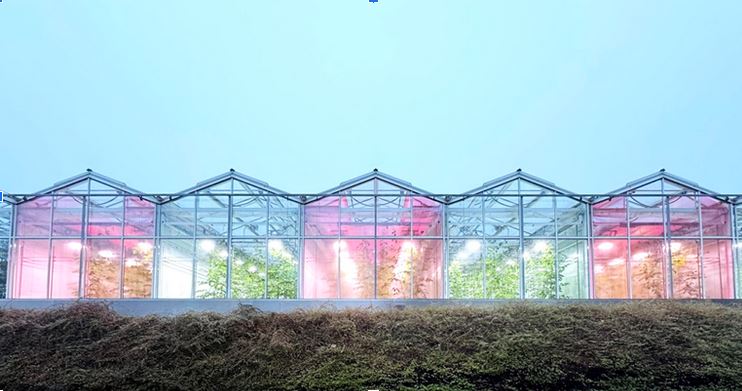Systematic Approaches for Efficient Data Synchronization in Horticultural Sciences (HortSEEDS)
This use case pilot focuses on the development of a prototype for the harmonization of data and metadata for a standardized process of horticultural experiments.
Partner:
Leibniz Institute of Vegetable and Ornamental Crops (IGZ)
Description

Integrating lab and field data in agricultural and horticultural research presents challenges due to differences in the spatial and temporal dimensions as well as size and formats of the different datasets.
Laboratory-based analyses, such as transcriptomic or metabolic analyses, often generate datasets with many variables providing detailed insights in mechanisms underlying plant responses to the environment which also determine vegetable crop performance. It is challenging to combine these large and detailed datasets with data collected in greenhouse and open field experiments.
In the latter, continuous sensor data (e.g. weather data, soil humidity), soil data (N,P,K) and insect and microbial community data are commonly generated. Especially for vegetable cultures, such data are generated at a much more fine-grained and temporally denser scale than in field crops. Developing a standardised workflow is thus crucial to harmonize these different data for proper sharing and further processing. This requires the development of consistent protocols for data collection, ensuring compatibility of data obtained by different approaches, and employing robust analytical methods that account for different data scales and sources.
To establish and adapt a standardised workflow for horticultural experiments in this use case pilot we will use the metabolic, sensor, and biological data generated in a joint field experiment, GreenCycle, carried out at IGZ. At the end of this pilot, we will have produced a first prototype for harmonizing data and metadata by standardized ontologies and workflows, which may serve as a blueprint for horticultural sciences.

